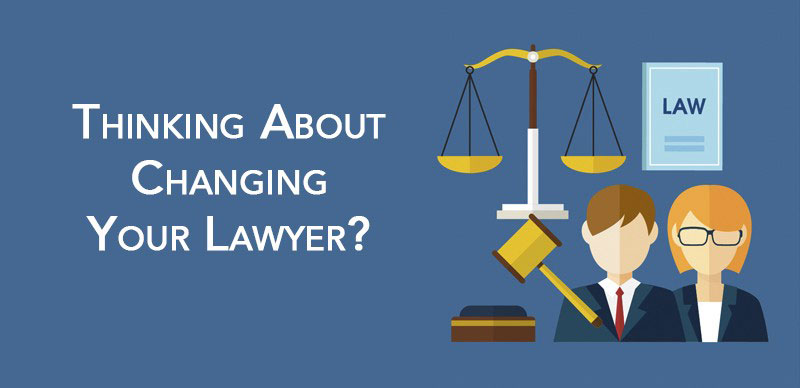
Can a Lawyer Change Sides? When most people think of a lawyer, they think of someone who is staunchly loyal to their clients and will fight for them until the end. However, what happens when a lawyer decides to switch sides and start defending the opposition? This can raise some ethical and professional questions. In this blog post, we will discuss the implications of changing sides for lawyers, as well as some of the ethical considerations that must be taken into account.
There are a few different ethical considerations that must be taken into account when a lawyer changes sides. The first is the question of client confidentiality. When a lawyer changes sides, they may be privy to confidential information about their former client that could be used against them. This raises the question of whether or not it is ethically permissible for a lawyer to use confidential information about their former client in order to help their new client.
Another ethical consideration is the question of loyalty. A lawyer is supposed to be loyal to their client and fight for their best interests. However, if a lawyer changes sides, they may be seen as being disloyal to their former client. This could damage the lawyer’s reputation and make it difficult for them to build trust with future clients.
First and foremost, the lawyer must always act in the best interests of their client. This means that they cannot share any confidential information with the other side. In addition, the lawyer must be sure to disclose their conflict of interest to both the court and their client. Failure to do so could result in serious disciplinary action.
When a lawyer decides to switch sides, it can have a major impact on the case. If the lawyer has insider knowledge of the other side’s case, they may be able to use this to their advantage. This could lead to an unfair trial and could ultimately result in an unjust outcome. In addition, if the lawyer has developed a relationship with the other side’s lawyers, this could also give them an edge. The opposing lawyers may be less likely to share information with someone they know is working for the other side.
One of the most obvious is the question of how it will affect the lawyer’s relationships with other lawyers. If a lawyer is seen as switching sides frequently, they may have a hard time building trust with other lawyers. This could make it difficult for the lawyer to get work in the future.
Another professional implication is the question of how it will affect the lawyer’s relationships with their former clients. If a lawyer changes sides and starts representing the opposition, their former clients may feel betrayed. This could damage the lawyer’s reputation and make it difficult for them to get work in the future.
There are both ethical and professional implications that must be considered when a lawyer changes sides. While there are some potential benefits, such as being able to access confidential information about their former client, there are also some risks, such as damaging the lawyer’s reputation. Ultimately, the decision of whether or not to change sides is a personal one that must be made taking all of these factors into account.
Overall, changing sides as a lawyer can have major implications on both the case and the lawyer’s career. It is important to weigh all of the pros and cons before making a decision. If you do decide to switch sides, be sure to take all of the necessary precautions to avoid any ethical or professional problems.





Berlinguette Darren Professional Corp.





Israel Lauren B.





Rochon Genova LLP





Crown Attorney's Office





Grayson & Company





Crown Attorney's Office





Matkovic Allan LLP





Barr Picard
AMPM Systems Ltd.
H K Yung Law Office
Isaacs & Co.
Hurren and Gibson
Abramian Alexandra
Berlinguette Darren Professional Corp.
Department of Justice (Nunavut)
Roach Schwartz & Associates

July 21st, 2022

July 21st, 2022

July 21st, 2022